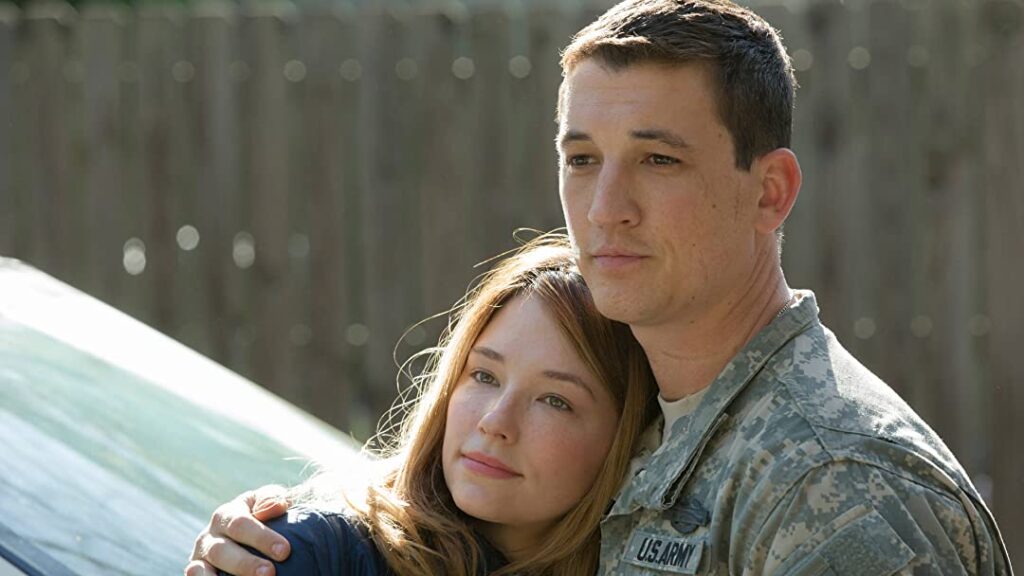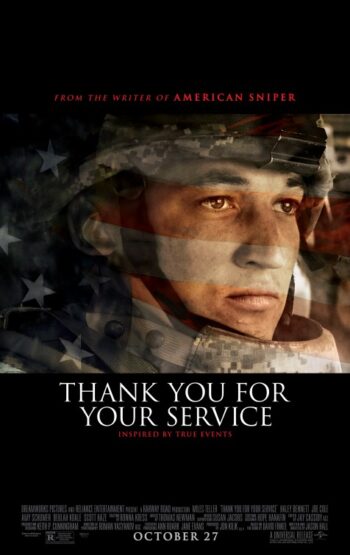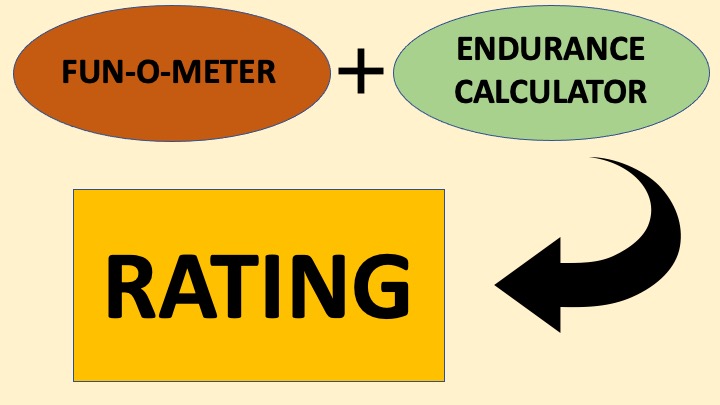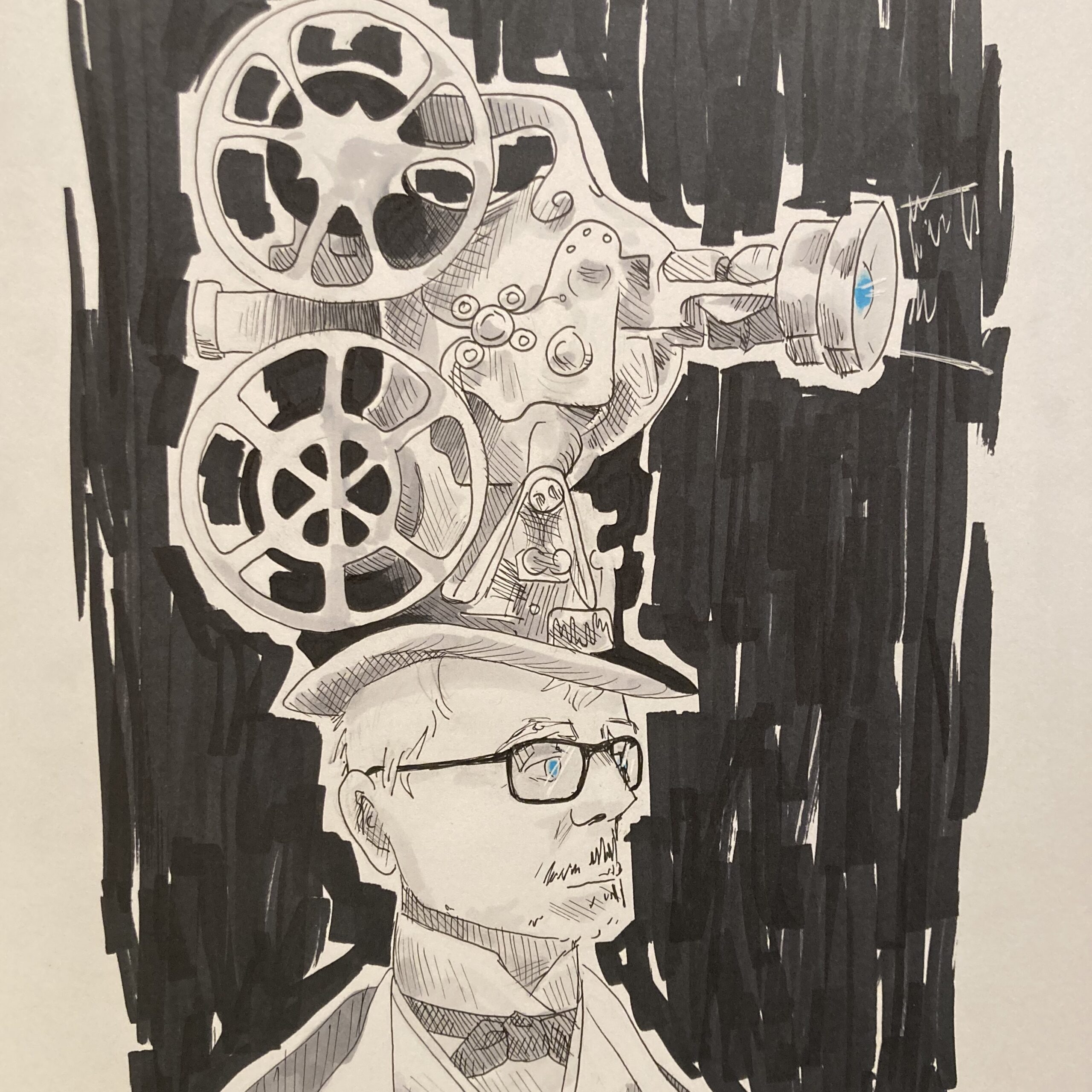“I’m not a hero.”
Since 9/11 we’ve made a cultural fetish of celebrating the military. This effort takes the form of fundraisers, gratitude campaigns, and gold star political trophy-ism, all in the name of troop morale and patriotism. Everyone loves the uniformed trooper because the uniform signifies that the wearer is better, morally superior, and worth admiration, and if we do not acknowledge this debt owed by all to the few, we are committing a form of treason.
The trouble with fetishizing individual troopers is that we easily forget what happens to such a person when they sever from uniformed service. As the uniform peels away, the underlying person is revealed, and most people are far less admirable than a myth.
Inevitably, this transition away from military life to civilian life is riven with trouble. For some, this trouble is more difficult than wartime service because the military has a clear code of conduct, rules of engagement, and an established world view organized around discipline and youth. In fact, the military is a world unto itself, made up of civilian volunteers, who are transformed through training and duty into a team of strategic and tactical might that touches everyone with experience inside that machine with the permanent aura of tradition.
In the civilian world, people are anonymous and ordinary. They come in all shapes, sizes, abilities, and backgrounds, and most of us have no idea what the life of military personnel is like, whether in active duty, in the national guard, or in some form of on-going disabled care or retirement. Civilians are ignorant, and we fill this ignorance with cultural fetishism of military power signaled by individual troopers right up until the moment they become another regular Jill, Joe, Tyrone, Tran, or Tony.
Jason Hall’s Thank You for Your Service (2017) concerns itself with the painful transition of a military homecoming. Based on David Finkel’s 2013 book of the same name, the movie circles around Staff Sergeant Adam Schumann (Miles Teller) and several of his co-combatants, as they come home and struggle to make meaning and find new direction. Each man in Schumann’s unit struggles with PTSD, and each man finds himself unable to express his needs and seek help from an over-burdened VA system with a heavy backlog of war veterans.
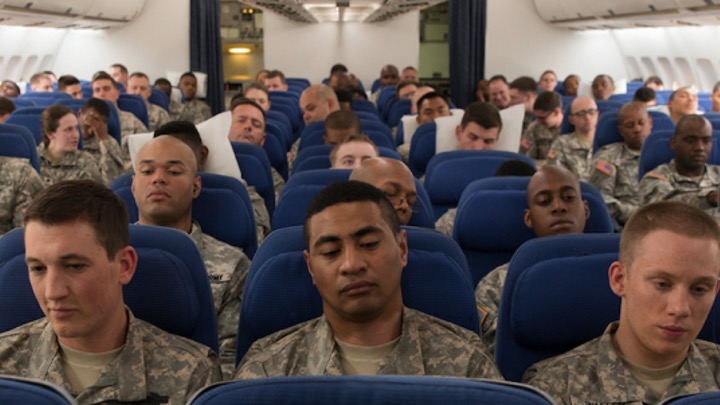
Thank You for Your Service is not a great movie. It has a cast of appealing performers, all age appropriate, and it employs the conventions of a modern war movie: supportive wives, small children, working-class neighborhoods, war flashbacks, the loss of unit members to put the screws of guilt into the survivors, hopelessness, etc. But the movie also has trouble developing a sense of the passage of time, which is meant to suggest several years in the lives of Schumann and his unit, and their families, and this makes the pressure of PTSD-related mental health issues hard to track. We see the movie in just under two hours and it seems like only a few weeks have passed in the lives of the characters. But there are memorable moments.
In one scene Schumann awakens early, still jet lagged from being on Iraq time. He serves his pre-school-aged daughter chocolate chip pancakes, only to learn she hates chocolate. Then he agrees to look after both of his children to give his wife some free time, knowing he’s only just met his infant son who was born while he was away on his final tour of duty. Schumann acts dotingly and grins, expressing little of his confusion that life has continued moving along in his absence, but we see how he is now out-of-step and unprepared for the boring and necessary demands of family life with dependent children.
This is the new war front, the movie seems to say, and it’s a war performed in stalemate as one generation, bruised by its choices and options, attempts to build up the future.
–November 30, 2018
